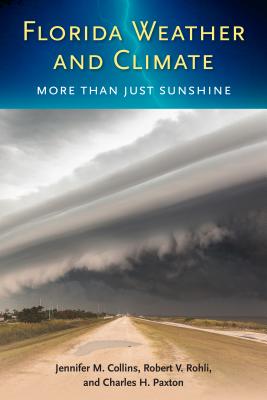Expedite your nonfiction book discovery process with Readara interviews, summaries and recommendations, Broaden your knowledge and gain insights from leading experts and scholars
In-depth, hour-long interviews with notable nonfiction authors, Gain new perspectives and ideas from the writer’s expertise and research, Valuable resource for readers and researchers
Optimize your book discovery process, Four-to eight-page summaries prepared by subject matter experts, Quickly review the book’s central messages and range of content
Books are handpicked covering a wide range of important categories and topics, Selected authors are subject experts, field professionals, or distinguished academics
Our editorial team includes books offering insights, unique views and researched-narratives in categories, Trade shows and book fairs, Book signings and in person author talks,Webinars and online events
Connect with editors and designers,Discover PR & marketing services providers, Source printers and related service providers

Florida Weather and Climate: More Than Just Sunshine
Nature > Regional
- University Press of Florida
- Paperback
- 9780813064284
- 8.9 X 5.9 X 0.8 inches
- 1.05 pounds
- Nature > Regional
- (Single Author) Asian American
- English
Readara.com
Book Description
Florida is home to two of the world's major types of climate--tropical wet-dry and humid subtropical. It ranks among the top states for tornadoes and is more frequently affected by lightning and thunderstorms than any other state. Florida is vulnerable to fog, drought, and wildfires. And it is notorious for its most prominent natural event--the hurricane.
This book explores the conditions, forces, and processes behind Florida's surprisingly varied and dynamic weather. The authors discuss Florida's location, landscape, and population, as well as the position of the sun and the importance of evaporation and condensation. They explain the influence of atmospheric circulation patterns such as the Hadley Cell, the Coriolis force, and the Bermuda-Azores High. They also describe the qualities of cold, warm, stationary, and occluded fronts and how they generate precipitation and freezes. In addition to revealing why severe weather systems and phenomena like hail and lightning occur, the book also reviews the procedures in place to track and measure these events and warn citizens in danger. Major weather incidents from Florida's history are narrated, including often overlooked accidents caused by smoke and fog. After showing how climate has changed in the past, the authors look ahead to what further climate change would mean for the future.
With many maps, helpful diagrams, and clear explanations, this book is an illuminating and accessible guide to Florida's dramatic weather and climate.
Author Bio
USF School of Geosciences Professor Jennifer Collins was elected as a Fellow of the American Meteorological Society in recognition of her contributions to understanding weather, climate and hurricanes and their societal impacts,
As a hurricane researcher, Collins’ research has advanced the understanding of weather patterns such as the El Niño and seasonal patterns of tropical cyclone activity in multiple oceanic basins. She has worked closely on projects with the National Weather Service involving tornados and fog, and made noteworthy scientific contributions to understanding climate change. More recently, her lab joined with weather researchers in the Netherlands to develop a new scale for measuring tropical cyclone severity that they presented as a better indication of hurricane danger beyond solely measuring wind speed.
Along with her work in the physical sciences, she also has led research initiatives into the social challenges of extreme weather – particularly as the intersect with other crises, such as the COVID-19 pandemic. She is currently working on a National Science Foundation-funded project to examine whether concerns about the pandemic are affecting the evacuation decisions of people in the paths of hurricanes.
From 2018 to 2020, she has led a successful NSF undergraduate research experience program that explored the intersection of weather, climate and society, and particularly encouraged community college, first-generation and historically underrepresented STEM students to participate in the interdisciplinary research program. This summer, she co-led a second undergraduate research experience on water sustainability. In 2018, she was recognized with AMS’ Edward N. Lorenz Teaching Excellence Award, which recognized her "creative, engaging, and challenging classroom lectures, and a passion for mentoring and encouraging students in undergraduate research."
Collins is the former president of the West Central Florida Chapter of the American Meteorological Society and continues to serve as an officer, former director of the Climate Specialty Group of the Association of American Geographers and served on the National Weather Association’s Specialized Operations Committee on Tropical Cyclones. She is the co-author of the 2019 book Florida Weather and Climate: More Than Just Sunshine, and the co-editor of the books, Hurricanes and Climate Change (2017) and Hurricane Risk (2019). In 2020, she was selected for the Drexel University Executive Leadership in Academic Technology, Engineering and Science program, a prestigious professional development program for women in academic STEM fields.
Education
Collins has been a USF faculty member since 2005. She earned her PhD in physics from University College London in 2001.
Source: University of South Florida
Videos
No Videos
Community reviews
No Community reviews

